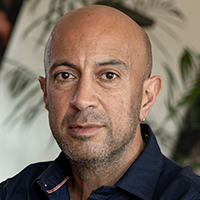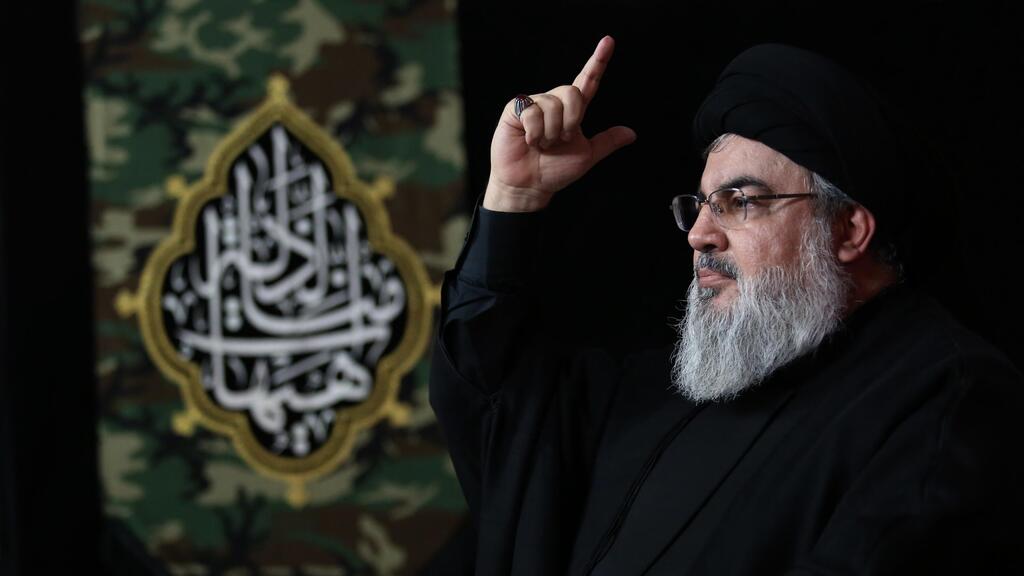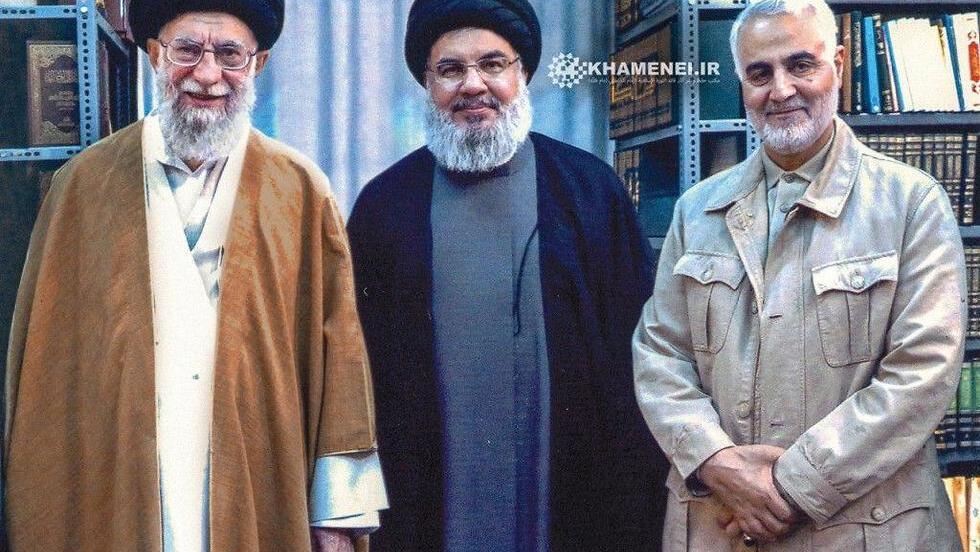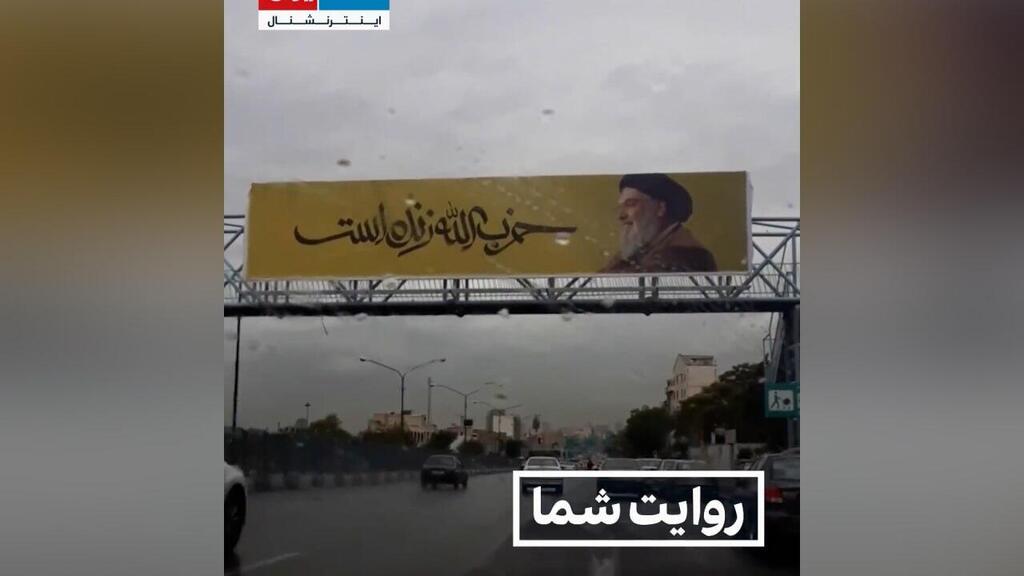Getting your Trinity Audio player ready...
Aftermath of the IDF strike on Hezbollah's central command
Hassan Nasrallah is no ordinary terrorist leader and his killing would reverberate throughout the Middle East, the scope of which cannot yet be estimated.
This would be an unprecedented loss for Hezbollah since its conception. It would also constitute an unprecedented loss for Iran, as its most valued asset outside its borders.
Nasrallah was much more than a terrorist. He forged his way into politics and tied it to his terrorism. He became the leader of Hezbollah at just 32 after Israel killed Abbas Musawi in 1992, and quickly became a rising star in global terrorism, but also in politics in the Arab and Muslim world.
He succeeded in changing Lebanon and the entire region, transforming Hezbollah from a band of terrorists to a military empire with forces in Syria, Iraq and Yemen.
Nasrallah first removed many of the senior members of his terror group who were seen as conservative or extreme, clearing the path to becoming part of Lebanese politics. Hezbollah first stood for elections in August of 1992 and won eight seats in Parliament, making it a legitimate political party, despite continuing to be an armed force.
After that election, Hezbollah became the primary Shiite organization, representing Lebanon's largest religious faction. Nasrallah gained popularity because he did not seek personal wealth unlike other Lebanese politicians and willingly sacrificed those closest to him, for the cause of Jihad. His son Mahdi was killed by the IDF in 1997.
Hezbollah grew in strength so much so that Lebanon has been unable to agree on a president and prime minister without the group's approval. Even the Lebanese Chief of Staff, historically a member of the Christian community, could not be appointed without Nasrallah's consent.
Israel's withdrawal from South Lebanon in 2000 and the Second Lebanon War in 2006, turned Nasrallah into an admired figure not only among Shiite Muslims. He was seen as having defeated Israel time and again.
He became the expert on Israel and the undisputed leader of Hezbollah in the eyes of Iran. The Muslim council that was supposed to decide on the Islamist group's policies, was nothing but loyal fans, many of whom were relatives and close friends.
Nasrallah also established media outlets to express the terror group's messaging and enlist public support. He always attempted to project himself as a Lebanese patriot, although he was more an arm of and loyal to the Iranian regime, making Lebanon an extension of Iran.
His enemies were quickly disposed of including slain Lebanese Rafiq al-Hariri who was murdered by Syria, with the help of Hezbollah operatives.
When the Syrian civil war broke out in 2011, Nasrallah sent forces to support the Assad regime. His troops fought alongside government forces on all fronts, against both the Syrian opposition and ISIS. Then he sent troops to Yemen, Iraq and Bahrain.
Hezbollah became a drug trafficking empire forging the term narco-terrorism, under Nasrallah, to fund its terrorism. He also instilled in the hearts of Muslims around the world the notion that Israel was weak and could be easily defeated.
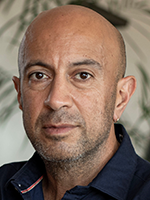 Avi IssacharoffPhoto: Yuval Chen
Avi IssacharoffPhoto: Yuval Chen This bravado was detrimental. He made mistakes, notably in his decision to tie himself to Hamas in the war against Israel and to begin attacks against the Israeli north, on October 8. He mistakenly believed Israel was too weakened to attack his forces in Lebanon, with any significant force and for that, he may have now paid the ultimate price.
If he is confirmed dead, he will be succeeded by his cousin Sefi a-Din. There is no confirmation whether a-Din was in the bunker when the IDF attacked on Friday. If he was, Iran would likely select the next leader whoever that may be, but he would have to fill the void left by the departure of a charismatic and centralist leader of his terror group, Lebanon and global terror.



